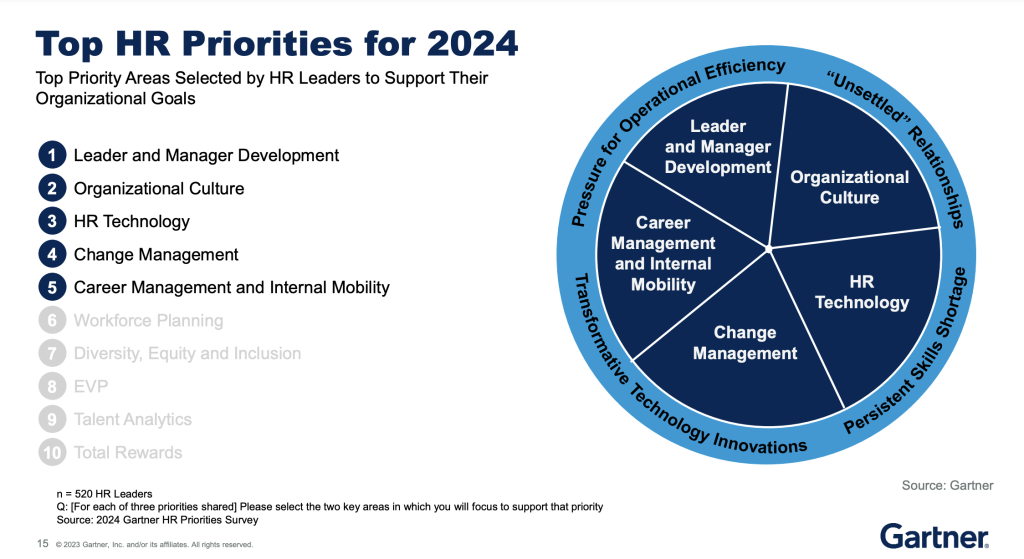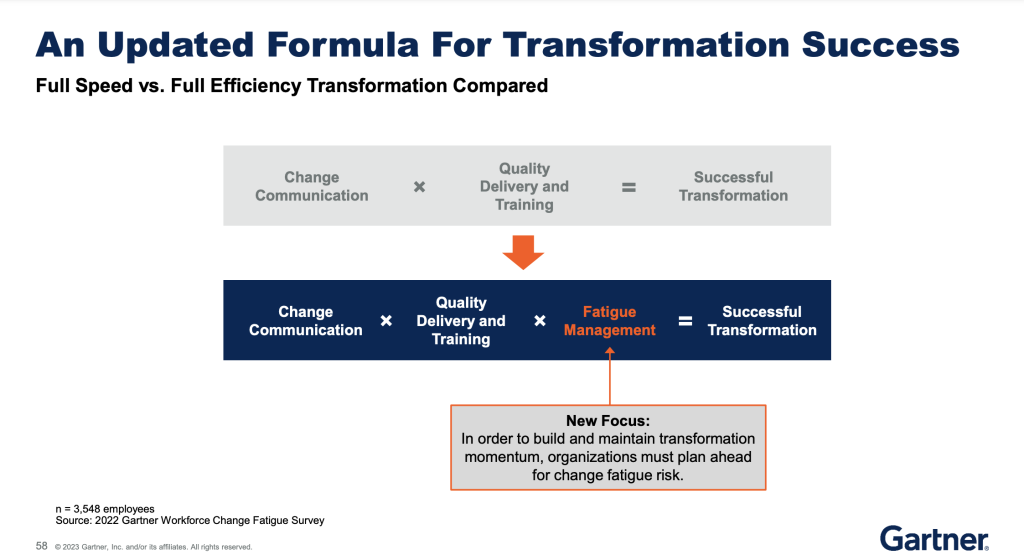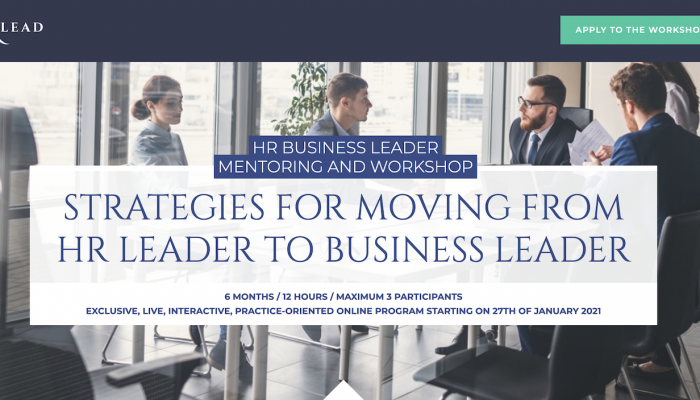This week I have attended the ‘Top 5 Priorities for HR Leaders in 2024′ webinar – based on the results of Gartner’s annual survey of over 500 HR leaders – organised by Gartner for HR. The short report highlights the following topics:
- The top five initiatives CHROs and HR professionals are prioritizing in 2024.
- What’s driving these priorities and why action is so imperative for HR leaders.
- Recommended next steps HR leadership should take to address each priority in the year ahead.

Challenges ahead
One is for sure. Our life will not become unchallenging in the future. More request for support, conflicting demands, novel challenges, and HR’s output culture (which means focusing on output instead of input) makes prioritization harder and more important for all HR leaders.
Trends that are impacting HR leaders vary. “Unsettled” employee-employer relationship (including flexibility controversy, productivity
anxiety and mutual mistrust), persistent skills shortages (including severity of damage to business outlook such as talent shortage, inflation, and recession), transformative technology innovations (majority of HR leaders agree, that more disruptive tech is imminent, but HR involvement
remains limited) and there is a growing pressure on HR for operational efficiency.
Top HR priorities for 2024

#1: Leader and Manager development
Organizations face numerous barriers when tackling leader and manager development issues. Leaders and managers are overwhelmed by the growth of their job responsibilities. They do not have the right skills and equipment to lead change. I have recently posted an article in Hungarian about how a manager’s job has become unmanageable.
My key takeaways: The key to making the job more manageable is by strengthening managers’ people leadership skills and lightening their workload.
#2: Organizational culture
The survey’s participants have reported organizational issues such as missing
- a clear vision of the culture they want,
- the knowledge to drive cultural change,
- two essential components – alignment & connectedness – to cultural success,
- measurement of culture effectiveness.
My key takeaways: HR leaders’ biggest organizational culture challenge remains what and how to measure.
#3: HR technology
The survey respondents expressed their concern about the
- missing knowledge of how evolving technology trends (AI) will impact HR,
- missing match between HR technology solutions and strategy AND current and future business needs,
- missing measurement of the business value delivered by HR technology transformation.
My key takeaways: HR leaders’ growing interest in HR technology is driven in part by the fear and speed of AI, particularly GenAI, but they must evaluate how it aligns with their human capital needs. Acknowledge the hype of AI but have a framework to assess its potential.
#4: Change management
Most of the HR leaders have put clearly in the survey that organizations do not define an effective change management approach/process, leaders and managers do not have the right skills and equipment to lead change, employees are fatigued from all the change, and organizations do not measure change success effectively.

My key takeaways: Change fatigue corrodes employee outcomes, like performance and intent to stay, and if it is not addressed, organizations will also be negatively impacted. Organizational transformations are more successful when HR leaders manage change fatigue risk through a 3-part strategy of identify, prevent and fix.
#5: Career Management and Internal Mobility
The survey’s participants have reported that
- career paths are unclear and not compelling for many employees,
- approach to promotions leads to inconsistent promotion decisions,
- employees and managers find it difficult to use career management resources.
My key takeaways: HR leaders must design agile, adaptive career pathing for iterative, changing career destinations with greater visibility into career opportunities. Internal Talent Marketplaces may radically alter organizational resource allocation, shifting careers to be more skills-based instead of role-based.
In case your interest please check out the webinar and download the presentation.
Source: Gartner for HR, October 2023


